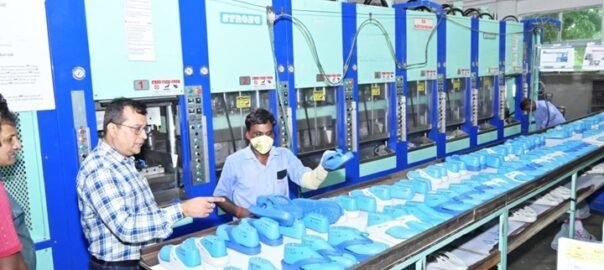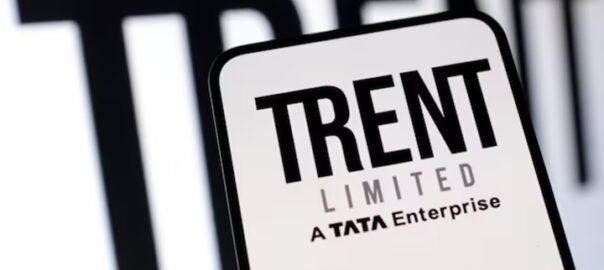Indian Railways has moved to unlock the potential of its vast land holdings by allowing vacant plots to be leased for ecommerce cargo hubs, a policy shift aimed at boosting freight volumes, enhancing logistics efficiency, and strengthening sustainable transport infrastructure. The amendment to its 2022 land lease policy is expected to open new opportunities for sorting, packaging, grading, and warehousing facilities directly on railway property.
Senior railway officials confirmed that the revised framework removes earlier restrictions that required concessional land lessees to generate goods movement in at least one direction on the railway network. By explicitly listing supporting infrastructure—such as silos, tanks, conveyor belts, rail and road weighbridges, and truck parking—the policy now provides administrative clarity for both direct cargo handling and essential ancillary functions.
The change comes as part of Indian Railways’ wider strategy to expand its parcel business and better monetise surplus land. In FY25, the national transporter earned ₹3,129 crore from land monetisation—16% higher than the previous year. Officials said the parcel segment alone saw volumes jump from 31 million in FY24 to 44 million in FY25, reflecting a rising demand for rail-based cargo solutions in the ecommerce era. Industry experts say that providing dedicated facilities for ecommerce players could significantly reduce last-mile bottlenecks, speed up deliveries, and lower costs for online retailers. The move also positions Indian Railways as a key logistics partner for the rapidly growing digital marketplace, potentially diverting a greater share of freight from road to rail.
From an environmental perspective, the policy shift is aligned with India’s climate goals. Rail-based freight emits significantly less carbon per tonne-kilometre compared to road transport, making this expansion of cargo handling facilities a step towards reducing the logistics sector’s carbon footprint. By integrating sustainable freight hubs within existing railway infrastructure, the model also avoids unnecessary greenfield development. The updated policy permits long-term leases of up to 35 years for cargo-related activities at 1.5% of the land’s market value per annum, offering businesses both cost predictability and operational security. This could encourage major logistics companies, small enterprises, and cooperatives alike to set up shop within railway precincts.
Indian Railways, which owns about 490,000 hectares of land, currently has just over 8,800 hectares leased for various purposes. Beyond private logistics hubs, surplus land is also allocated to government bodies, public service utilities, and educational institutions. The inclusion of ecommerce cargo hubs into the policy reflects a broader vision of optimising land use without compromising railway ownership. If implemented effectively, the policy could become a catalyst for a more connected, efficient, and eco-friendly logistics ecosystem—one where the railway network not only moves people but also powers India’s booming digital economy.
News Credits- URBAN ACRES










